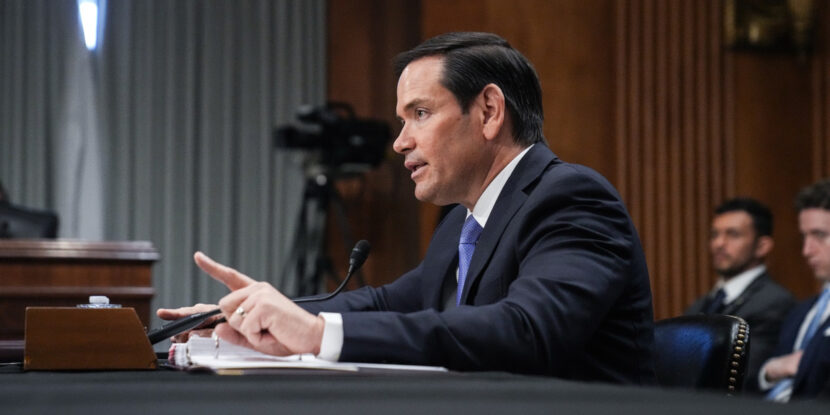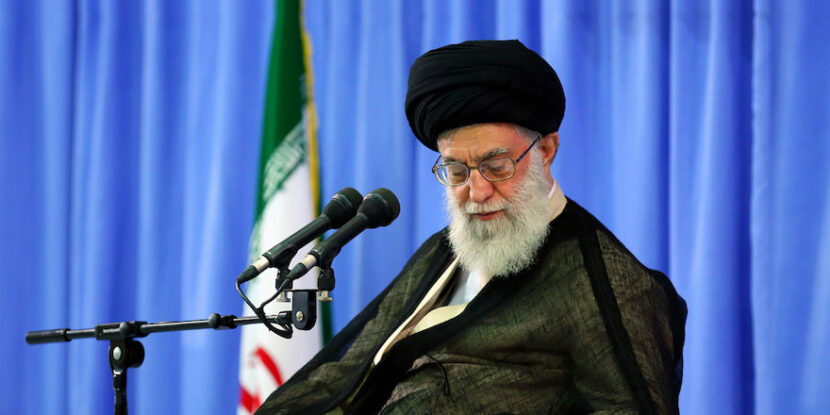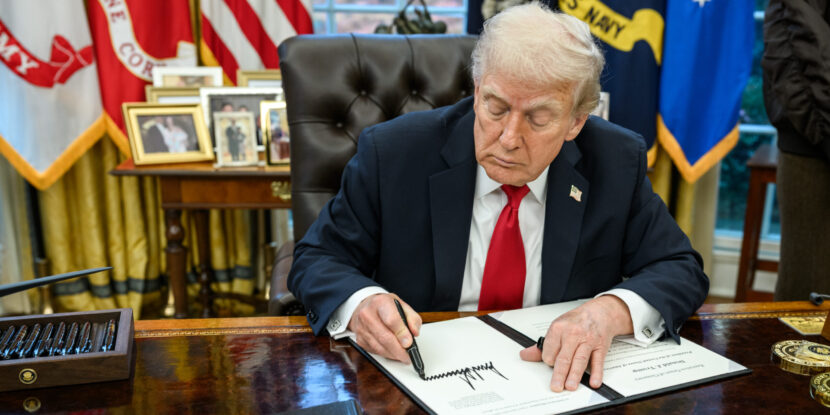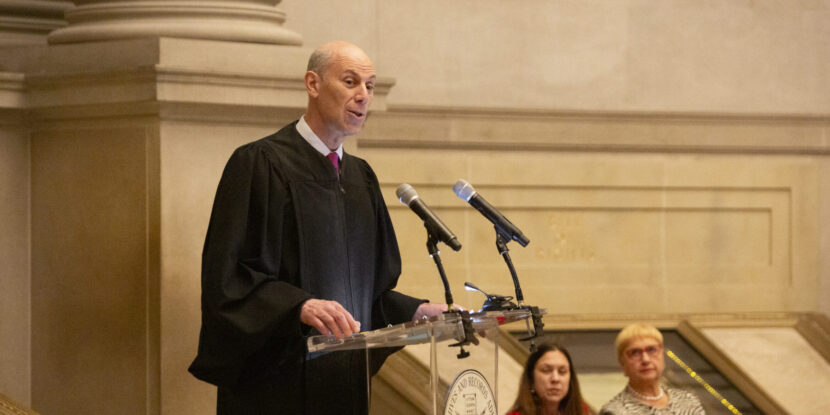❓WHAT HAPPENED: House Republicans are looking to advance a bill that would allow the Secretary of State to revoke the passports of people accused of aiding terrorist groups.
👤WHO WAS INVOLVED: House Foreign Affairs Chairman Brian Mast (R-FL), the Council on American-Islamic Relations (CAIR), and Secretary of State Marco Rubio.
📍WHEN & WHERE: The bill could be advanced during a House Committee on Foreign Affairs hearing in Washington, D.C., this week.
💬KEY QUOTE: “This bill is not just a reform for today, or for President Trump; it is a lasting framework that will strengthen the State Department and benefit every commander-in-chief who follows.” – Brian Mast
🎯IMPACT: The bill seeks to amend the Passport Act of 1926 to block international travel for those providing “material support” to foreign terrorist organizations, though critics warn it could be misused to silence dissent.
House Republicans are moving to advance a bill titled “No Passports for Terrorists and Traffickers,” which would allow the Secretary of State to revoke the passports of Americans accused of supporting foreign terrorist organizations. Introduced by House Foreign Affairs Committee Chairman Brian Mast (R-FL), the measure seeks to amend the Passport Act of 1926 to block international travel for those providing “material support” to such groups.
“This bill is not just a reform for today, or for President Trump; it is a lasting framework that will strengthen the State Department and benefit every commander-in-chief who follows,” Mast argues.
The bill defines “material support” broadly, including financial aid, lodging, weapons, transportation, and “expert advice or assistance.” Exceptions are made for medicine and religious materials. Notably, people whose passports are revoked would be allowed to appeal.
The definition of material support was expanded during the Trump administration to include links to international drug trafficking. Supporters of the bill argue it would strengthen national security by restricting the movements of people connected to terrorism or transnational criminal networks.
The highly controversial Council on American-Islamic Relations (CAIR) criticized the proposal, saying it would allow the State Department to unilaterally revoke passports without requiring formal charges or convictions.
The bill comes amid a broader crackdown on people accused of supporting terrorism. In April, a federal judge approved the deportation of Mahmoud Khalil, a permanent resident and former Columbia University student who organized “pro-Hamas” demonstrations. The Trump administration argued that Khalil’s activism endangered public safety and violated immigration laws. However, just months later, a liberal judge stopped the administration from deporting Khalil and others.
The Trump administration has been dramatically increasing deportation efforts across the board. As of July, U.S. Immigration and Customs Enforcement (ICE) was deporting approximately 1,300 individuals per day, one of the highest rates in U.S. history.
Join Pulse+ to comment below, and receive exclusive e-mail analyses.



















